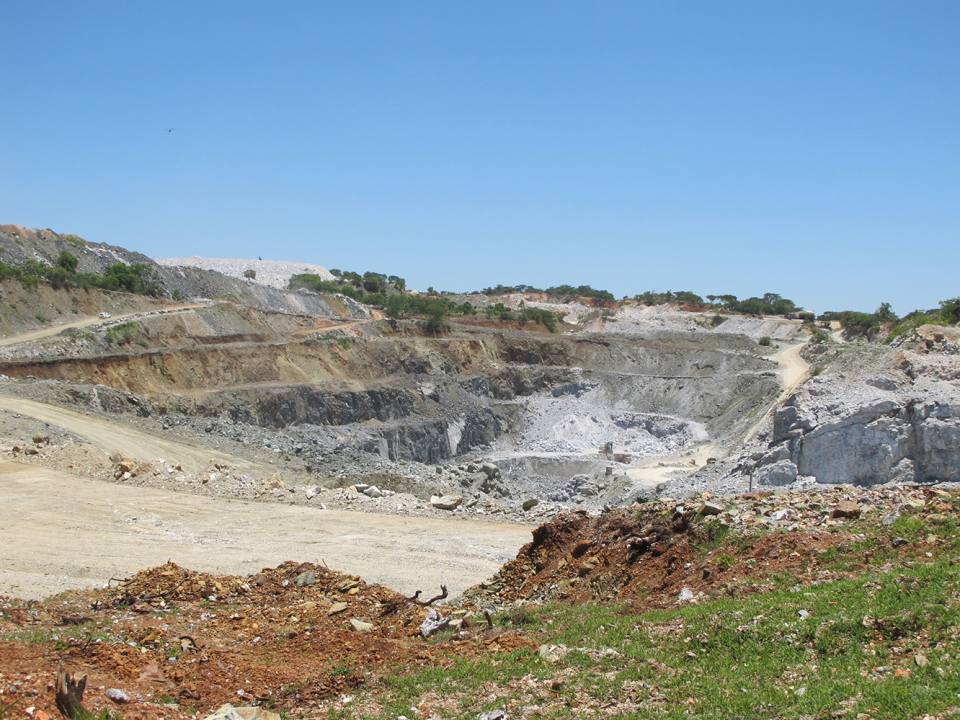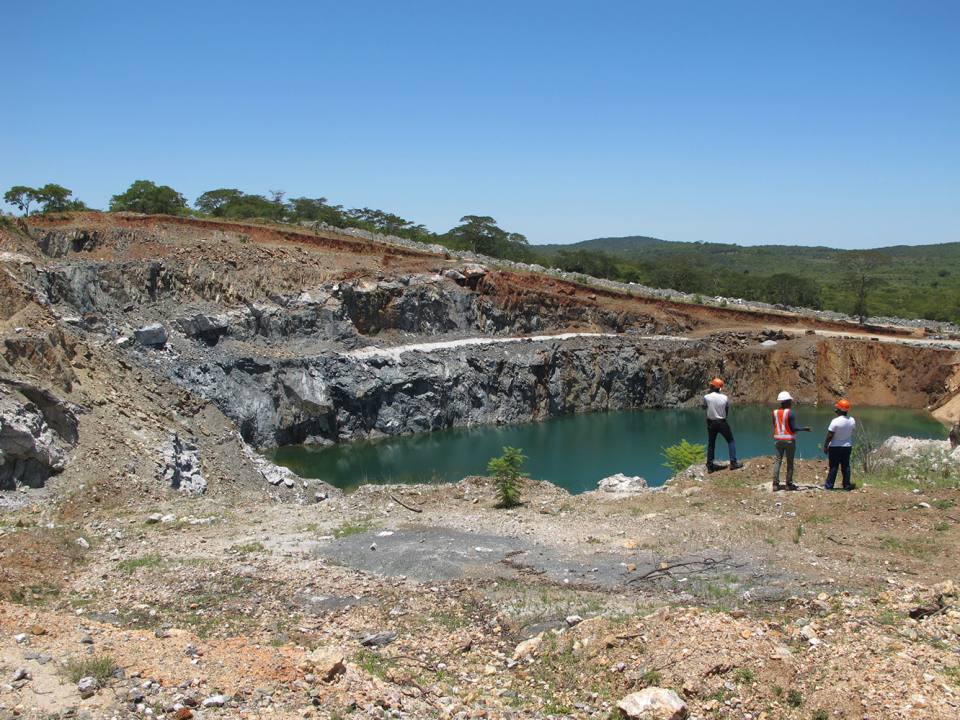Lithium: a critical raw material for our journey to net zero
Understanding the geology and natural resources of lithium will be vital as demand is forecast to significantly increase.
09/06/2021 By BGS Press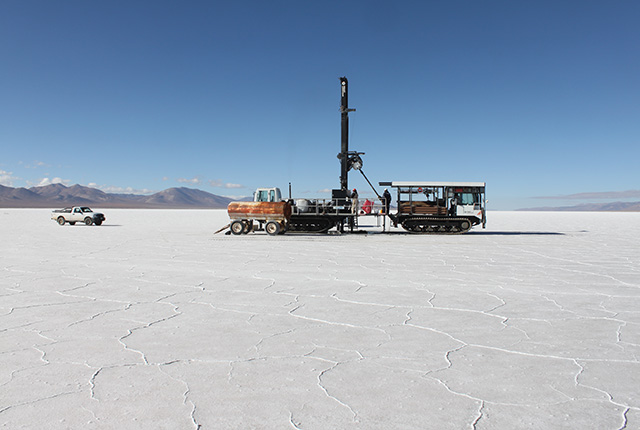
One of the key pillars of the global fight against climate change, and the route to Net Zero, is the switch to electric vehicles. Every electric vehicle needs a battery, and those batteries are manufactured from a range of raw materials. The most critical battery raw materials currently include lithium, cobalt, nickel, manganese and graphite. Demand for these raw materials is expected to increase significantly in the coming years, with the World Bank forecasting that demand for lithium in 2050 will be up to five times the level it was in 2018.
Research is ongoing to develop the batteries of the future, and these may require a different mix of raw materials, but lithium in particular looks likely to be essential for decades to come. Although battery recycling will be increasingly important, stocks of used batteries that could be recycled right now are very low compared to anticipated demand. This means that understanding the geology and natural resources of lithium is vital, as this will underpin exploration and mining for this critical raw material.
The world’s lithium currently comes from two main geological sources: lithium-enriched brines, chiefly in the salt lakes, or salars, of South America; and lithium pegmatites (an unusual type of granitic rock, enriched in a range of rare metals). Lithium pegmatites are mined at a range of localities in Australia, Canada, China and Zimbabwe; but they are known to exist across the world. Lithium deposits can also be hosted by clay and borate minerals in sedimentary basins, such as those in Nevada in the USA.
BGS is leading a NERC-funded project entitled Lithium for Future Technology, or LiFT, which will investigate the complete geological cycle of lithium which will help us to understand how these different deposit types of lithium form.
Research on this project will investigate how lithium moves through the Earth’s crust, to understand the geological factors that influence formation of the different types of lithium deposits. We will study ‘natural labs’ in the USA, Argentina, Zimbabwe, the UK, Germany, Turkey and Serbia to help us understand the lithium mineral system. We will also make use of microbiological research and life-cycle assessments to consider the environmental impacts of lithium mining.
Our overarching aim of the project, in collaboration with many others, is to understand where the best lithium deposits occur worldwide and how they can be mined in the most efficient, environmentally-friendly way possible. Achieving this goal will ensure a secure supply of this critical raw material for generations to come.
The project is a collaboration between BGS, the Natural History Museum, and the universities of Exeter, Southampton and Edinburgh. It also involves project partners from industry and academia around the world.
Related news
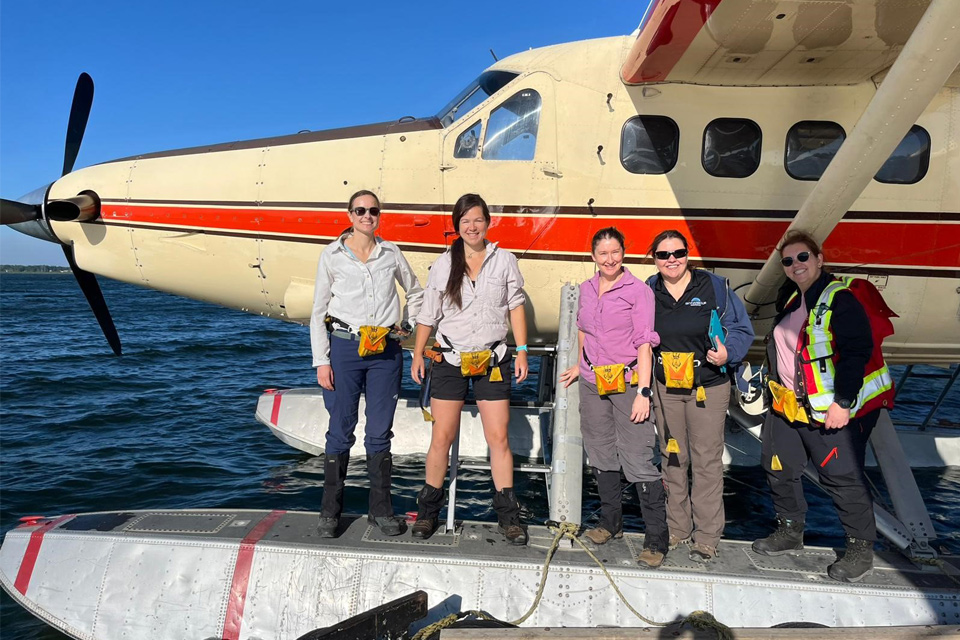
Funding awarded to UK/Canadian critical mineral research projects
08/07/2025
BGS is part of a groundbreaking science partnership aiming to improve critical minerals mining and supply chains.

Goldilocks zones: ‘geological super regions’ set to drive annual £40 billion investment in jobs and economic growth
10/06/2025
Eight UK regions identified as ‘just right’ in terms of geological conditions to drive the country’s net zero energy ambitions.

New interactive map viewer reveals growing capacity and rare earth element content of UK wind farms
16/05/2025
BGS’s new tool highlights the development of wind energy installations over time, along with their magnet and rare earth content.
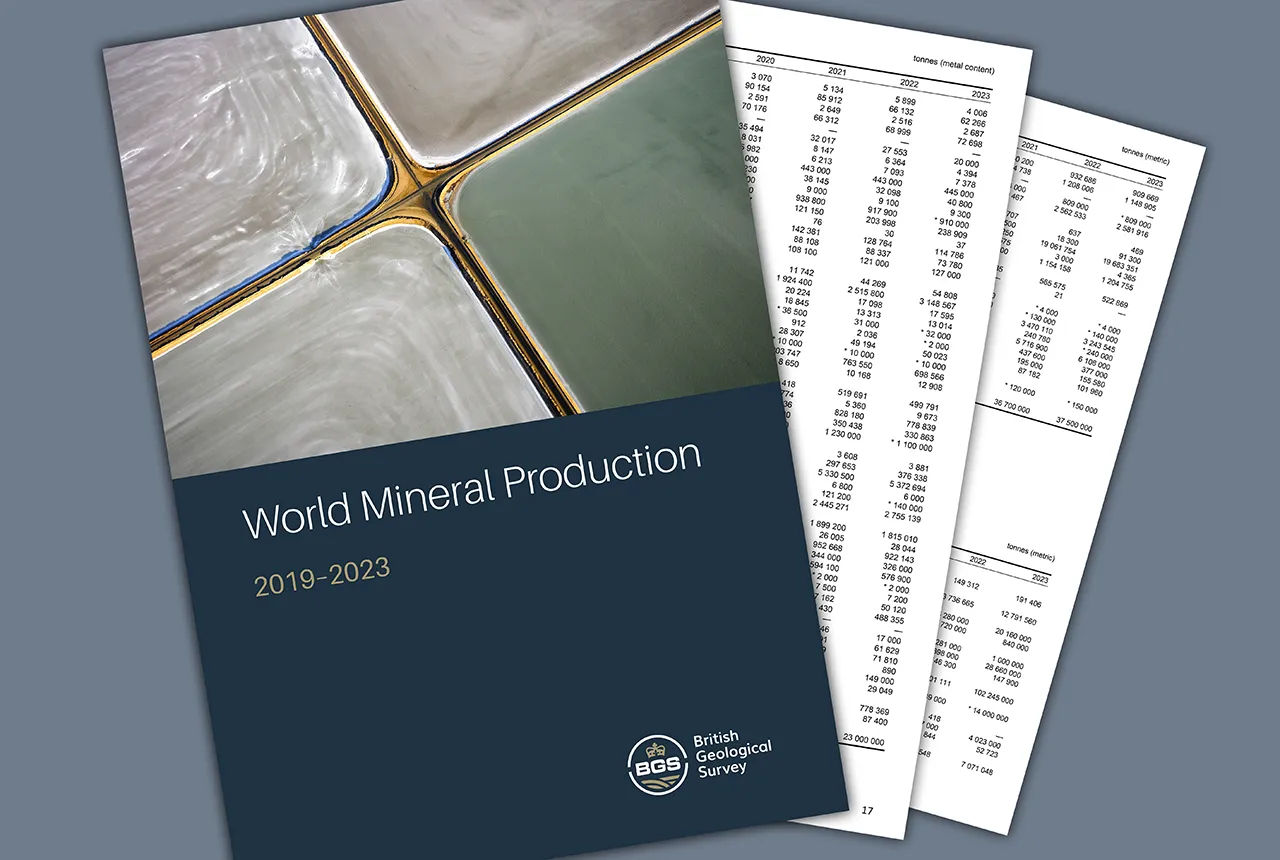
Latest mineral production statistics for 2019 to 2023 released
28/04/2025
More than 70 mineral commodities have been captured in the newly published volume of World Mineral Production.
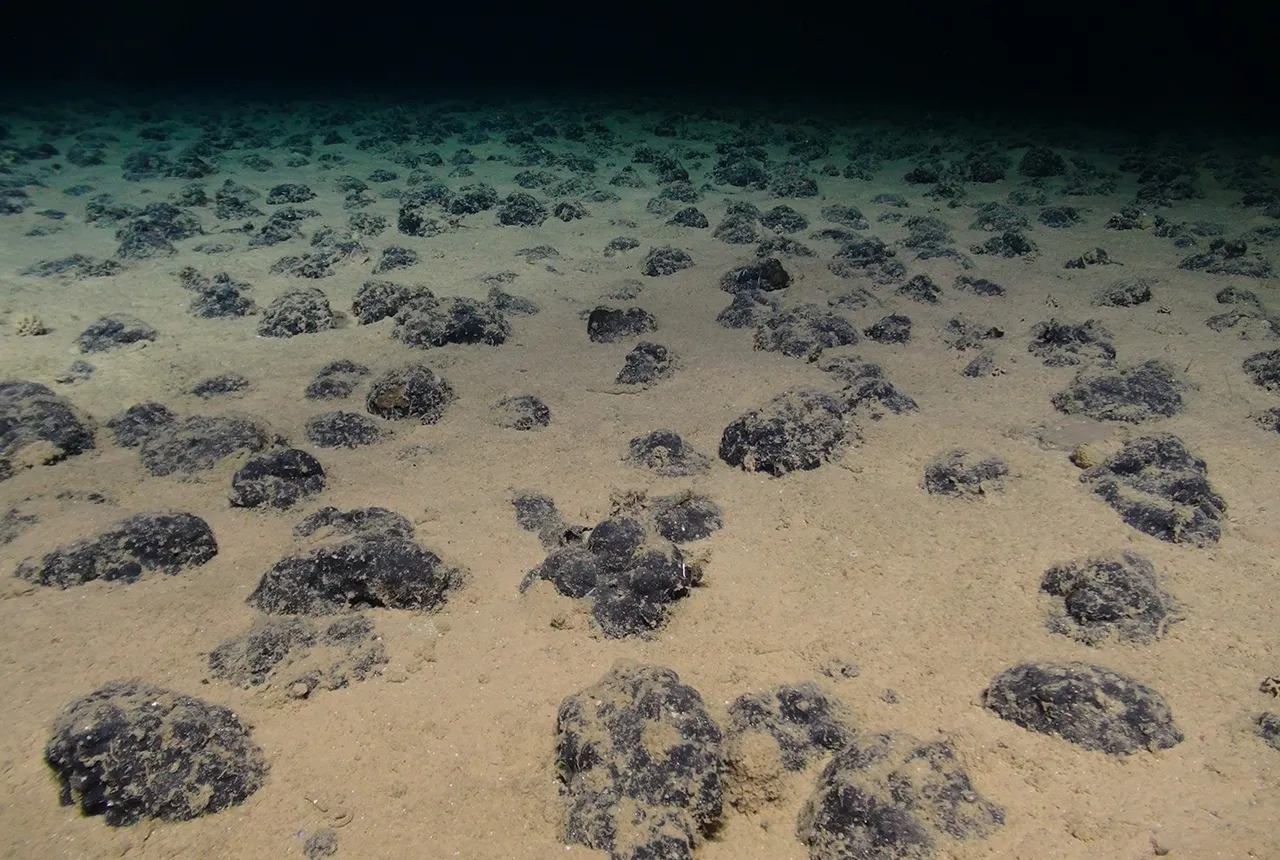
New study reveals long-term effects of deep-sea mining and first signs of biological recovery
27/03/2025
BGS geologists were involved in new study revealing the long-term effects of seabed mining tracks, 44 years after deep-sea trials in the Pacific Ocean.
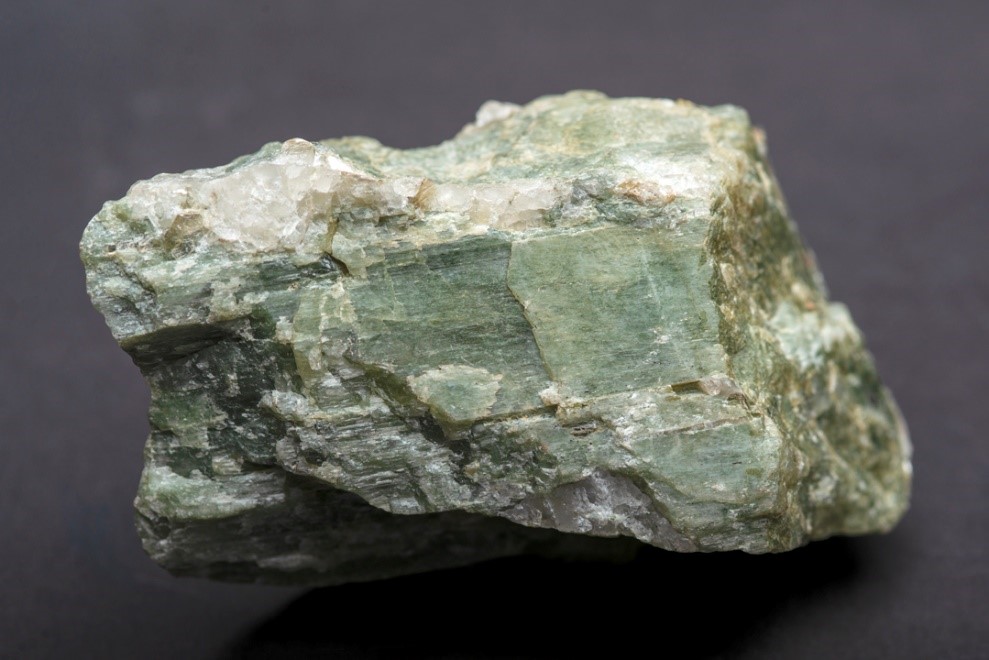
Future projections for mineral demand highlight vulnerabilities in UK supply chain
13/03/2025
New Government-commissioned studies reveal that the UK may require as much as 40 per cent of the global lithium supply to meet anticipated demand by 2030.
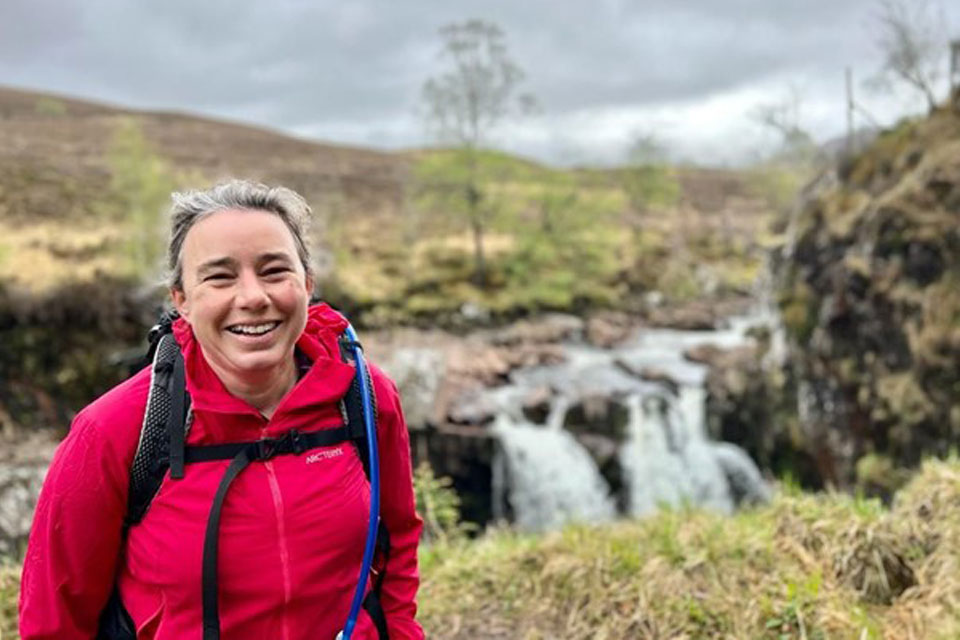
Dr Kathryn Goodenough honoured with prestigious award from The Geological Society
27/02/2025
Dr Kathryn Goodenough has been awarded the Coke Medal, which recognises those who have made a significant contribution to science.
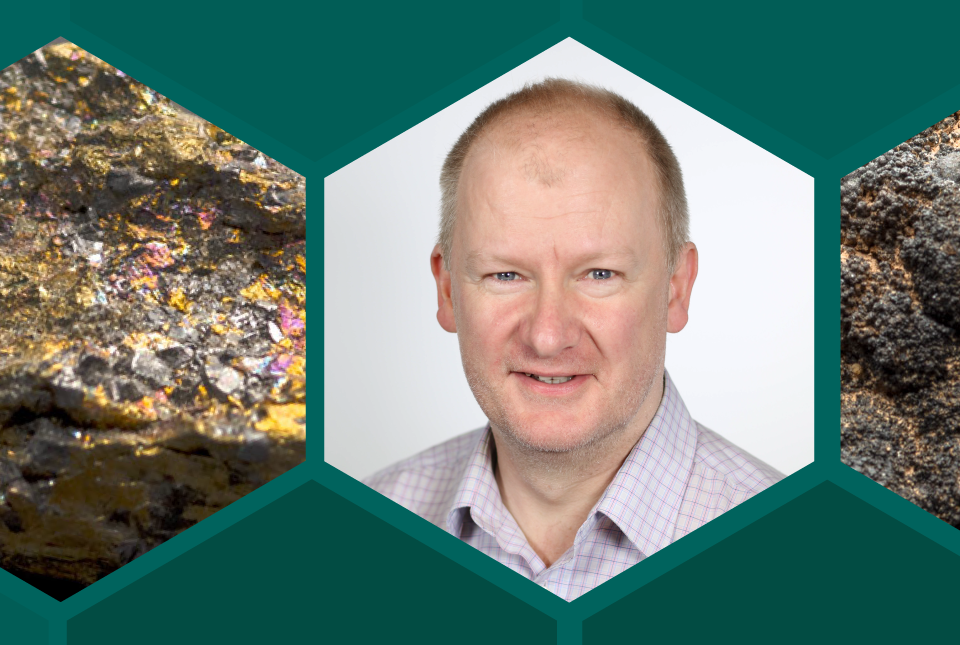
The challenge of assessing the UK economy’s dependence on mineral supply
28/11/2024
Critical, essential, or just plain important? Dr Gavin Mudd, director of the Critical Minerals Intelligence Centre, discusses the findings and new methodology featured in the 2024 UK Criticality Assessment.
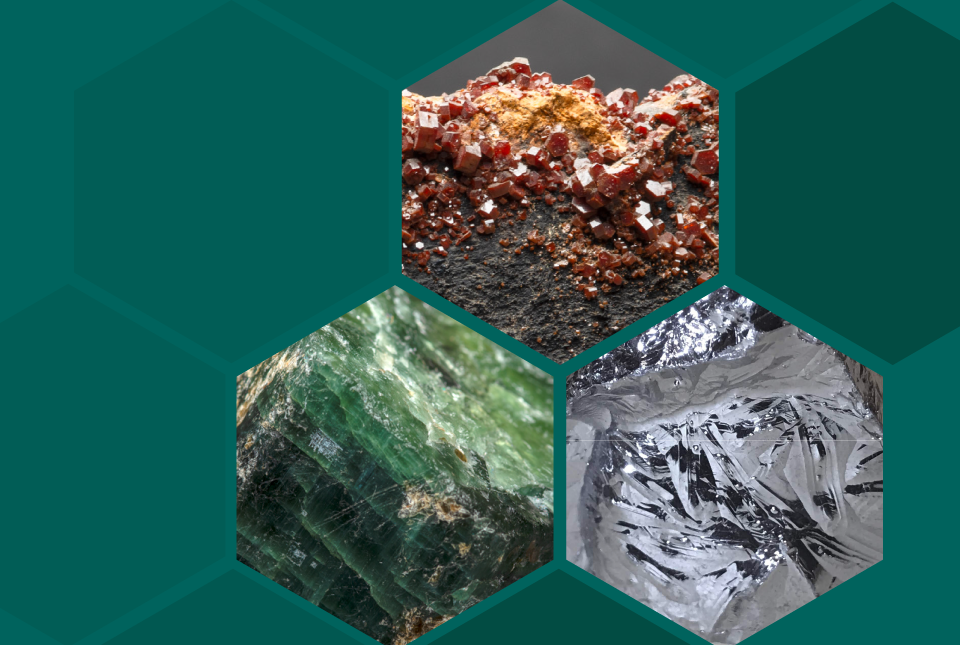
UK 2024 Criticality Assessment published
28/11/2024
The latest UK Criticality Assessment, produced by the UK Critical Minerals Intelligence Centre, shows that growing diversification brings an increasing vulnerability in terms of disruption to supply.
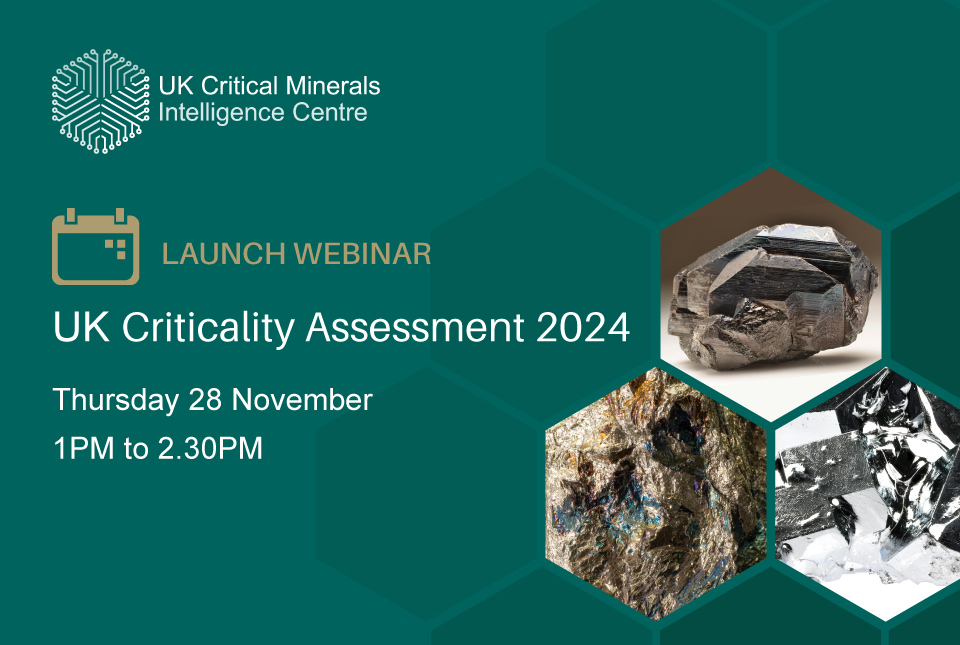
Criticality Assessment 2024 launch webinar
Event on 28/11/2024
A special live webinar with the team from the Critical Minerals Intelligence Centre to accompany the launch the latest UK Criticality Assessment. A recording is now available to watch online

Mining sand sustainably in The Gambia
17/09/2024
BGS geologists Tom Bide and Clive Mitchell travelled to The Gambia as part of our ongoing work aiming to reduce the impact of sand mining.
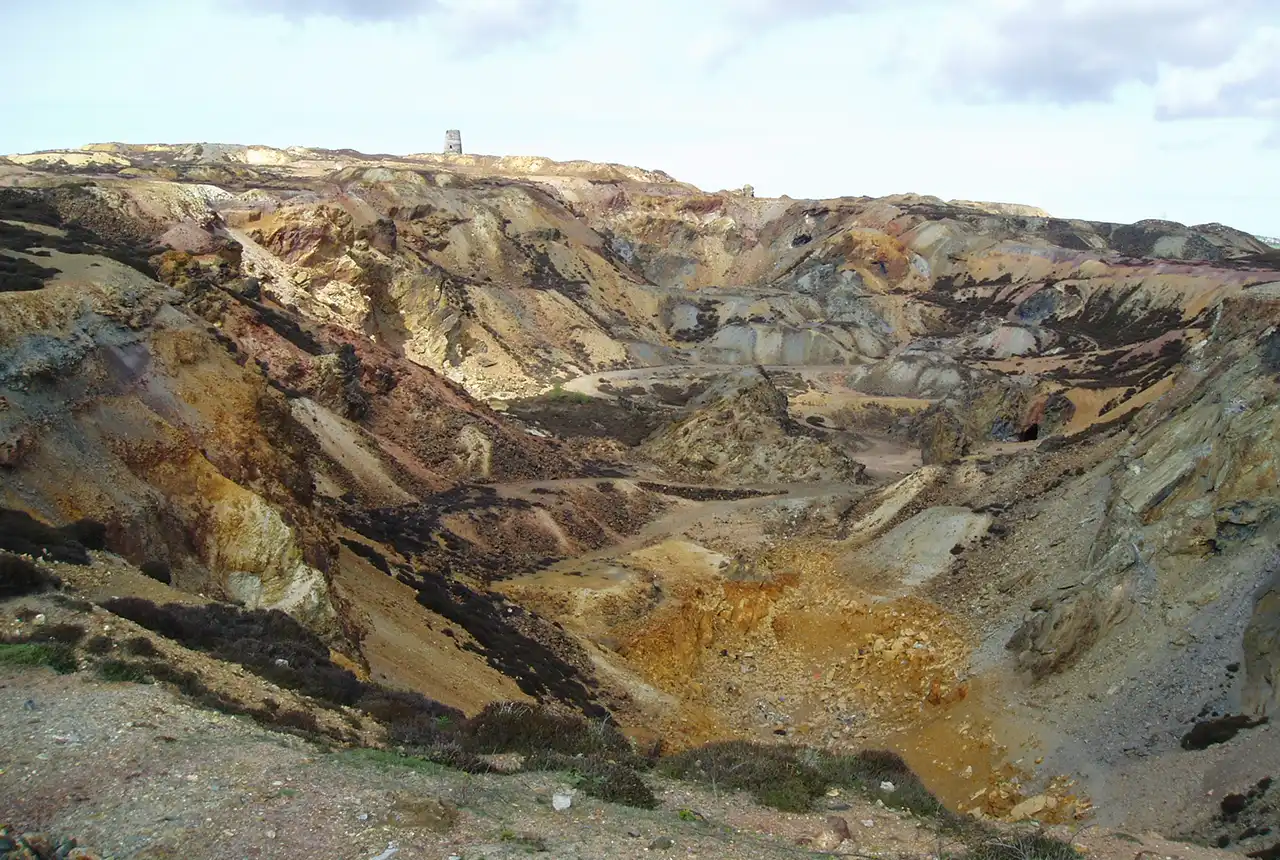
Over 600 mineral exploration project reports now available through the UK Critical Minerals Intelligence Centre
17/05/2024
All 662 reports from the Mineral Exploration and Investigation Grants Act programme are now available on the Critical Minerals Intelligence Centre website.



